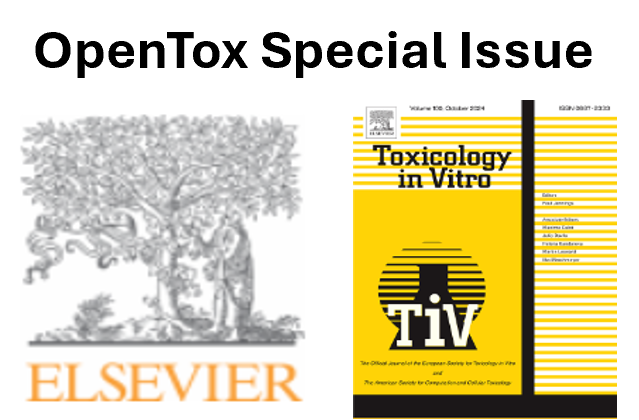
Dr. Thakkar is Senior Research Scientists at CDER’s Office of Translational Sciences/ Office of Computational Sciences and serve as project manager and principal investigator on multiple mission critical projects. Dr. Thakkar received a master's and Ph.D. in bioinformatics from the University of Arkansas at Little Rock/University of Arkansas Medical Sciences, Joint Bioinformatics program. Before joining CDER/OTS/OCS, she worked at FDA's National Center for Toxicological Research. Before that, Dr. Thakkar received an MSc. in Biotechnology from Bangalore University, India. At this date, she has over 40 peer reviewed publications, two book chapters, 3 approved U.S. patents and 15 U.S. and other patent applications, as well as over 90 scientific presentations to her credit in the area of drug development for radiation protection, predictive toxicology, leukemia, and atherosclerosis.
Dr. Thakkar's primary research interest is to apply bioinformatics and chemoinformatics, Artificial Intelligence (A.I.) and Machine Learning, and data analytics for biomarker discovery, drug safety, pharmacogenomics/toxicogenomics, and precision medicine. Her current research work is in applying bioinformatics and cheminformatics, and AI-driven methods to study toxicity and drug development with a specific interest in drug‐induced liver injury. Dr. Thakkar is leading the research efforts in developing an AI based platform SafetAI for predicting various toxicity endpoints at early stages of drug review along with developing the knowledge management for liver toxicity knowledge base (LTKB) for drug safety, by updating the classification with an extended drug list, and developing various predictive models to enable early prediction of toxicity liabilities. Upon joining the computational sciences office, Dr. Thakkar utilized the project management skillset to lead the various collaborative projects such as Smart Template System and Statistical Programming Support
Dr. Thakkar has had a leading role in many national and international societies. Dr. Thakkar was elected as Board member of the Mid-South Computational Biology and Bioinformatics Society (MCBIOS) in 2014 and served as President of the Society from 2016- 2017. She is also the Founded and Chaired of Personalized Medicine Community (2018-19) and served on the multiple committees at the American Association of Pharmaceutical Scientist (AAPS) (2016-20). For her contribution to AAPS, she is elected to serve as the AAPS board of directors for term 2020-22 and Chairing the Regulatory Science commuDr. Thakkar is also serving as a Chair of leader on the Cross Training Working Group Global Coalition for Regulatory Science Research, an initiative lead by FDA to collaborate with regulatory agencies globally.
Considerations for AI driven risk assessments for regulatory applications
The Investigational New Drug (IND) application process is essential for bringing new drugs to market, with the FDA conducting a 30-day safety review based on preclinical data and clinical protocols. However, traditional animal studies often fall short in predicting human safety, contributing to high rates of adverse drug reactions and post-market safety events.
To address these challenges, we propose SafetAI, a suite of Artificial Intelligence models designed to enhance risk assessment by predicting critical safety endpoints such as drug-induced liver injury (DILI) and carcinogenicity. SafetAI will provide additional data points to supplement sponsor-provided safety information, improving the identification of safety signals during drug development.
In the SafetAI can enhance risk assessment through:
1. Improved Data Analysis: Faster and more accurate identification of safety signals and patterns. 2. Real-time Monitoring: Immediate alerts for emerging risks during clinical trials.
3. Enhanced Toxicology Predictions with additional risk assessment paraments.: Better predictions of toxicity, reducing reliance on animal studies.
By integrating AI with the review practices, SafetAI aims to revolutionize drug safety evaluation, ultimately leading to safer and more efficient drug development processes.

